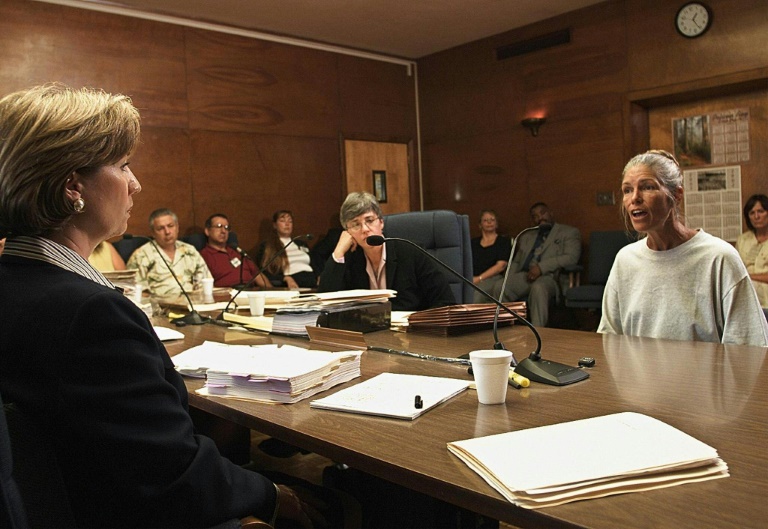PWC, one of the Big Four global accounting firms, remains in the grip of a huge scandal in Australia. The latest revelation is that PwC provided Internet search engine Google with confidential information about the start date of the country’s Multinational Anti-Avoidance Law. That piece of legislation was to ensure that cyber firms paid their fair share of taxes in the countries where the profits are generated.
A former PwC partner, Peter Collins, who helped design this anti-tax avoidance law for Canberra, allegedly used that very same information to solicit business with multinational companies to help them avoid the tax. In so doing, he breached confidentiality agreements signed with the government between 2013 and 2018.
How did things come to this? The problem started almost a decade ago, when the government invited Collins, PwC’s international tax expert, to help design a law that would ensure that big Internet firms such as Google, Facebook (now Meta) and Apple pay their fair share of tax in Australia. The plan was based on the Organisation for Economic Cooperation and Development (OECD)‘s Base Erosion and Profit Shifting project aimed at curbing tech giants from shifting their profits away from higher-taxing nations such as Australia to countries such as the Netherlands and Ireland that imposed much lower tax rates.
In December 2022, the licensing agency for tax agents discovered what was going on and suspended Collins’ practising certificate for two years, for breaching confidentiality agreements and for failing to manage conflicts of interest. PwC Australia tried to put a lid on the scandal, saying that the events had taken place 10 years previously and that the people involved were no longer working with the firm. For a while, all seemed forgotten. However a few months later, dozens of internal PwC emails were sent to a Australian Labor Party senator. The emails revealed that not only was PwC selling the confidential information to their clients, but the business was condoned, indeed supported, by senior figures in the firm. PwC made a few millions using the information.
The fallout was slow in coming, but when the details were made public, the Treasurer of Australia put on a show of anger. At the same time, the Australian Senate launched an inquiry into the government’s use of consulting services. A final report is due in September.
Truth be told, the problem is one of the government’s own making, as much as it is absolutely egregious misconduct on PwC’s part. Successive Australian governments, both state and federal, have turned to outside consultants for advice on how to handle politically difficult issues. Over the years, the civil service has become thinned out in the name of efficiency. Worse, in-house expertise has been shunned in preference for advice that aligns with the ideological slant of the government of the day. So, for a fat fee, these firms turn out thick glossy reports, full of impressive figures and charts, to justify almost any argument. The unseen and unspoken element in these transactions are the donations that these firms make to political parties.
Performative outrage is all very well, but if Canberra and the various state governments really want to end such problems, they will do well to minimise the use of consultants. Or at the very least, ensure full transparency about where the advice is coming from, and on what terms.






